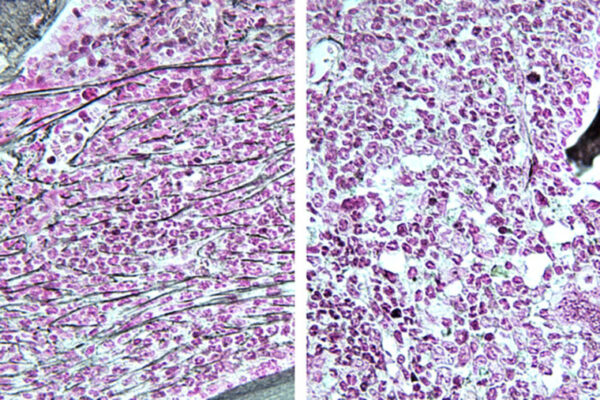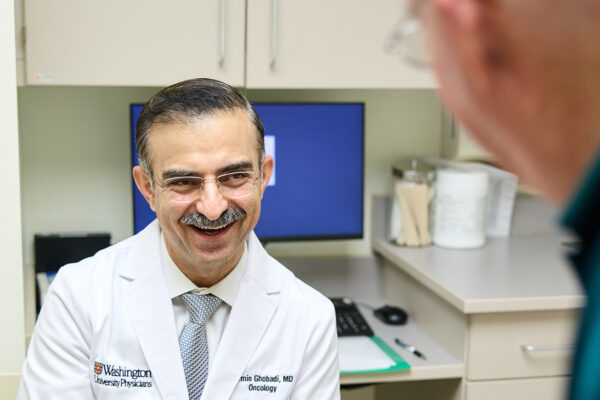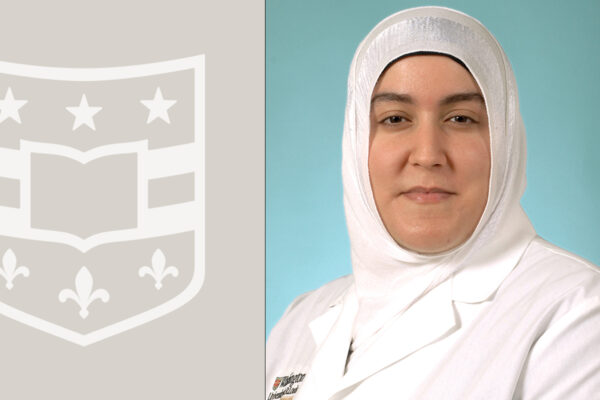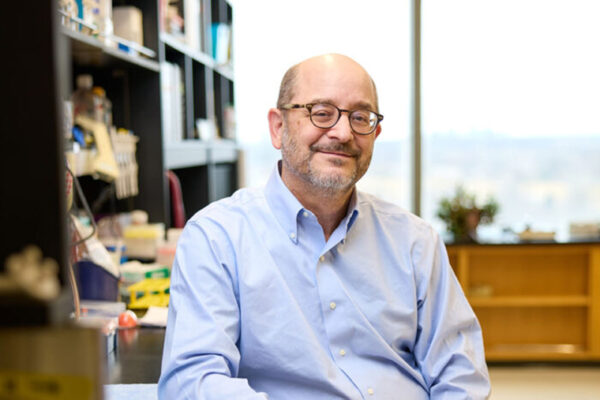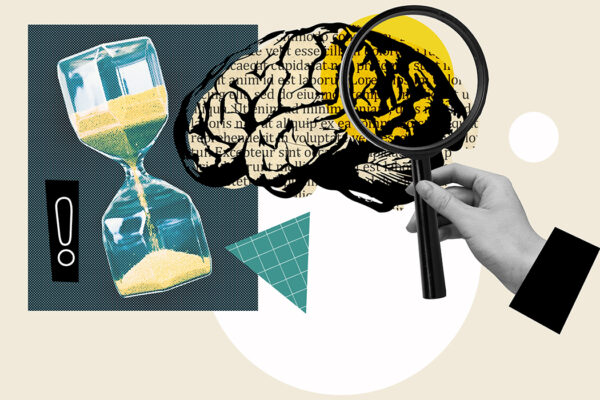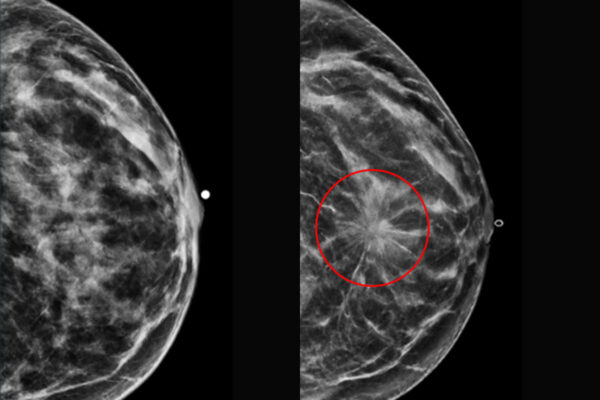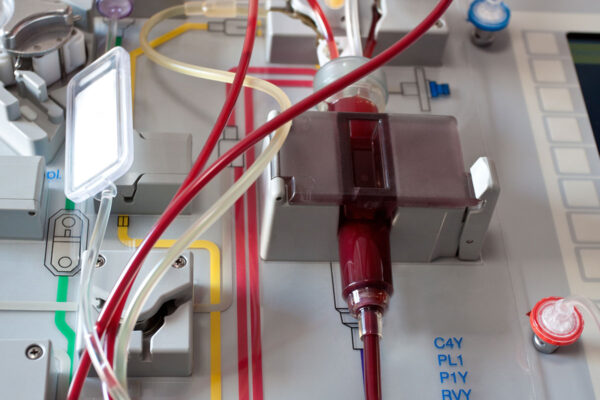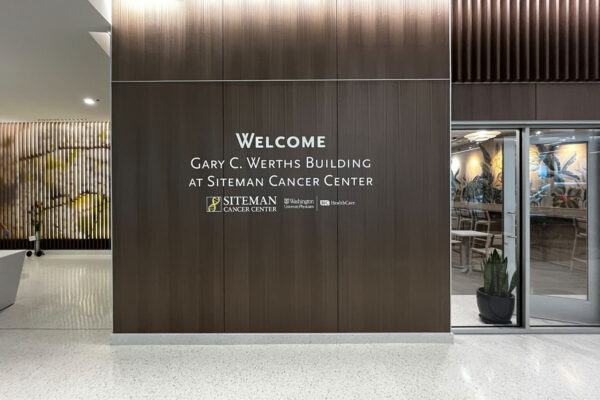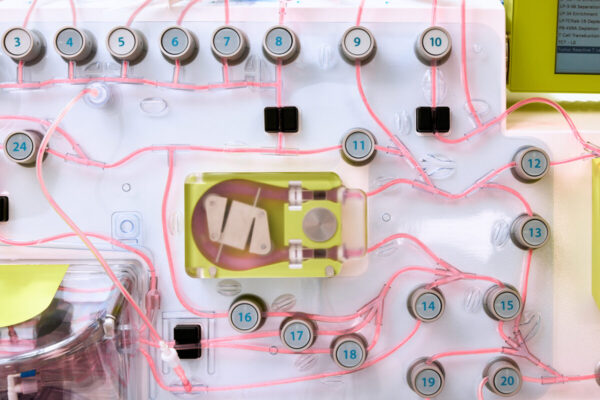Drug in clinical trials for breast cancer could also treat some blood cancers
Research from WashU Medicine found a possible new treatment strategy for certain types of blood cancers.
New cellular immunotherapy approach shows promise for B-cell lymphoma
A phase 1 clinical trial co-led by researchers at WashU Medicine found that a new type of cell-based immunotherapy was safe for patients with several types of B-cell lymphoma, a type of blood cancer.
Bagegni receives National Cancer Institute award
Nusayba Bagegni, MD, an associate professor at WashU Medicine, has been awarded a 2024 Early Career Cancer Clinical Investigator Award from the National Cancer Institute (NCI), part of the National Institutes of Health (NIH).
$10.8 million grant supports cutting-edge leukemia research
WashU Medicine has received renewal of a prestigious National Cancer Institute grant. Led by Daniel Link, MD, it provides funding for translational research into new therapies for patients with blood cancers.
Brain tumors hijack circadian clock to grow
Glioblastoma is an aggressive, incurable brain cancer that is the most common malignant brain tumor in adults. New research from Washington University in St. Louis shows that glioblastoma has an internal clock and syncs its daily rhythms to match — and take advantage of — the rhythms of its host.
Analyzing multiple mammograms improves breast cancer risk prediction
A new, artificial intelligence-based method of analyzing mammograms, developed by researchers at WashU Medicine, identified individuals at high risk of developing breast cancer more accurately than the standard, questionnaire-based method did.
New drug tested to reduce side effect of ‘half-matched’ stem cell transplants
Results from a clinical trial conducted at WashU Medicine showed adding the investigational drug itacitinib to standard care for “half-matched” stem cell transplantation may reduce rates of graft-versus-host disease.
New cancer research reveals how fructose indirectly feeds tumors
WashU research shows that the liver turns fructose into lipids that many types of cancers crave.
Siteman Cancer Center’s new outpatient building named in honor of Gary C. Werths
Siteman Cancer Center’s new building for outpatient care will be named the Gary C. Werths Building. A transformative commitment by the late Werths and his husband, Richard Frimel, will support cancer research and medical student scholarships.
World leaders in ending blood cancer
The Siteman Blood Cancer Center delivers tomorrow’s treatments today.
Older Stories
